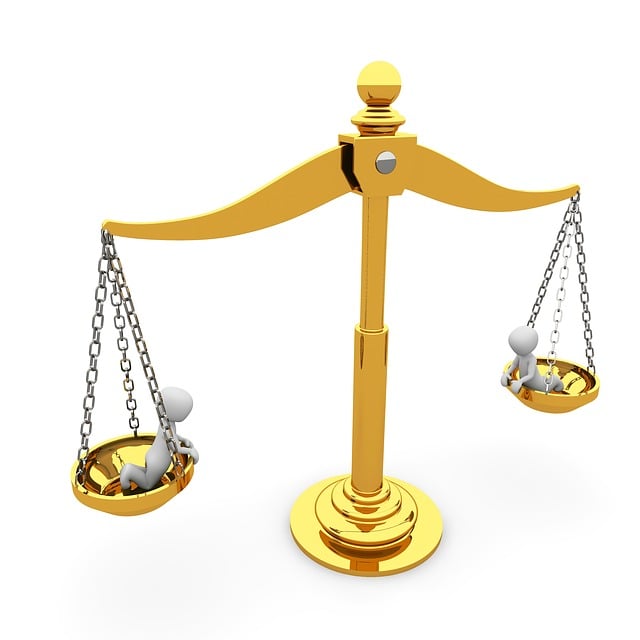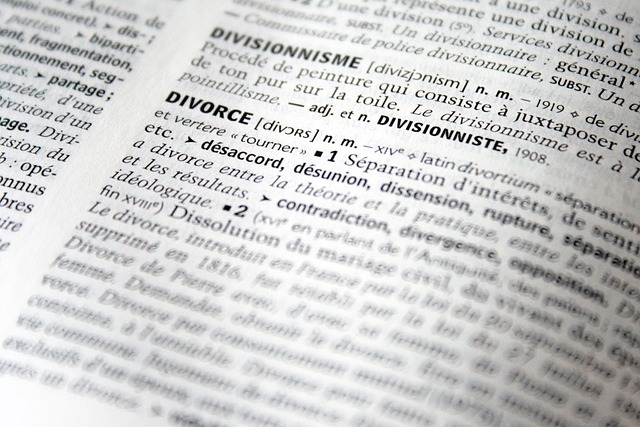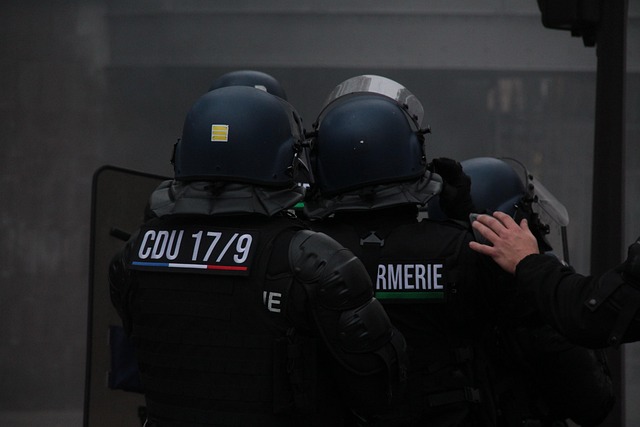Environmental Crime Trials address harm to shared resources like air, water, and land, often stemming from industrial activities. In co-ownership property disputes with environmental aspects, especially involving white-collar crimes, understanding complex environmental laws is crucial. Victims can empower themselves by exploring legal options, agreements, and civil litigation to hold perpetrators accountable for economic impact and intricate financial networks. Strategic use of evidence, expert testimony, and applicable laws leads to favorable outcomes, including charge dismissals.
Environmental Crime Trials: Holding Perpetrators Accountable
As our world grapples with escalating environmental challenges, understanding and effectively prosecuting environmental crimes has become paramount. This article delves into the legal landscape of environmental crime trials, exploring key components such as the co-ownership property dispute legal options that victims can leverage. We dissect the intricate co-ownership property disputes navigating environmental law and provide insights into available legal options for environmental crime victims, empowering individuals to seek justice and hold perpetrators accountable.
- Understanding Environmental Crime Trials: A Legal Framework
- Co-Ownership Property Disputes: Navigating Environmental Law
- Exploring Legal Options for Environmental Crime Victims
Understanding Environmental Crime Trials: A Legal Framework
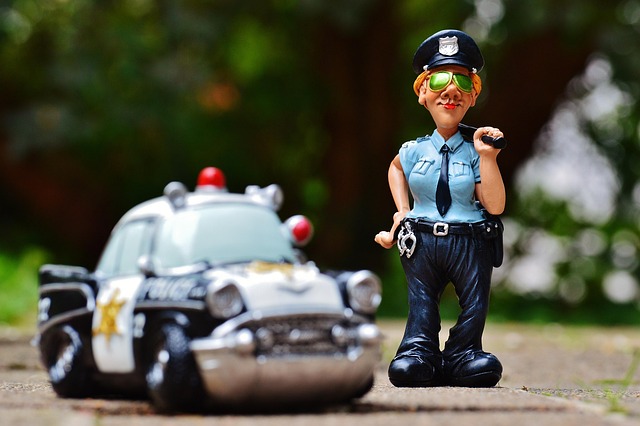
Environmental Crime Trials delve into complex legal issues surrounding damage to natural resources and ecosystems, often stemming from industrial activities or large-scale development projects. Understanding these trials requires an examination of a unique blend of environmental laws, criminal statutes, and civil regulations, all designed to protect co-owned property like air, water, and land. When disputes arise over the responsible party and the extent of harm caused, navigating the legal framework becomes crucial.
In such cases, individuals or entities facing charges for white collar and economic crimes have various legal options available. The defense strategy often involves a nuanced approach, considering factors like intent, negligence, and the specific environmental regulations at play. Achieving extraordinary results in these trials necessitates a deep understanding of both the facts and the law, as well as an adept ability to present compelling arguments within the context of co-ownership property disputes.
Co-Ownership Property Disputes: Navigating Environmental Law
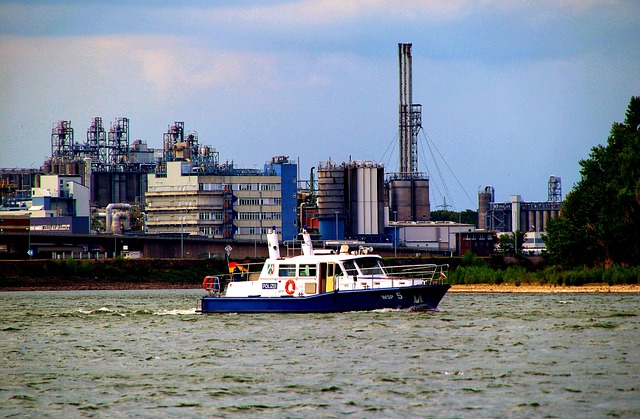
In cases of co-ownership property disputes involving environmental issues, navigating the intricate web of environmental law can be a complex task. When multiple parties claim ownership or rights to a property, especially in the context of white collar and economic crimes, understanding the applicable legal framework is paramount. Environmental crime trials often delve into the historical use of the land, regulatory compliance, and potential contamination, requiring careful consideration at every stage of the investigative and enforcement process.
These disputes can lead to protracted legal battles where co-owners may face charges related to environmental violations. However, a strategic approach utilizing the appropriate legal options can result in positive outcomes. While some cases may end with a complete dismissal of all charges, achieving this often demands robust evidence, expert testimony, and a thorough understanding of the law.
Exploring Legal Options for Environmental Crime Victims
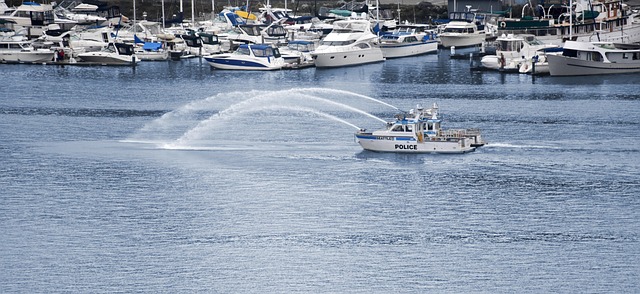
Environmental crime victims often face complex challenges when seeking justice. In cases involving co-ownership property disputes, understanding legal options is crucial. While white-collar defense strategies may be employed by those accused, environmental crime victims can also leverage the law to their advantage. By exploring various legal avenues, victims can hold perpetrators accountable and seek compensation for the harm caused to their shared resources and communities.
This includes examining co-ownership agreements, understanding property rights, and navigating civil litigation processes. Winning challenging defense verdicts in these cases requires a deep understanding of environmental laws and regulations, as well as the ability to demonstrate the economic impact of crimes on affected parties. Addressing white-collar and economic crimes effectively involves uncovering the intricate financial networks involved and presenting compelling evidence to secure just outcomes for all stakeholders.
Environmental crime trials play a pivotal role in holding perpetrators accountable and providing justice for ecological damage. By understanding the legal framework, navigating co-ownership property disputes, and exploring specific legal options, victims can secure remedies and contribute to deterring future environmental crimes. These cases not only protect natural resources but also send a strong message that ecological preservation is a collective responsibility.
